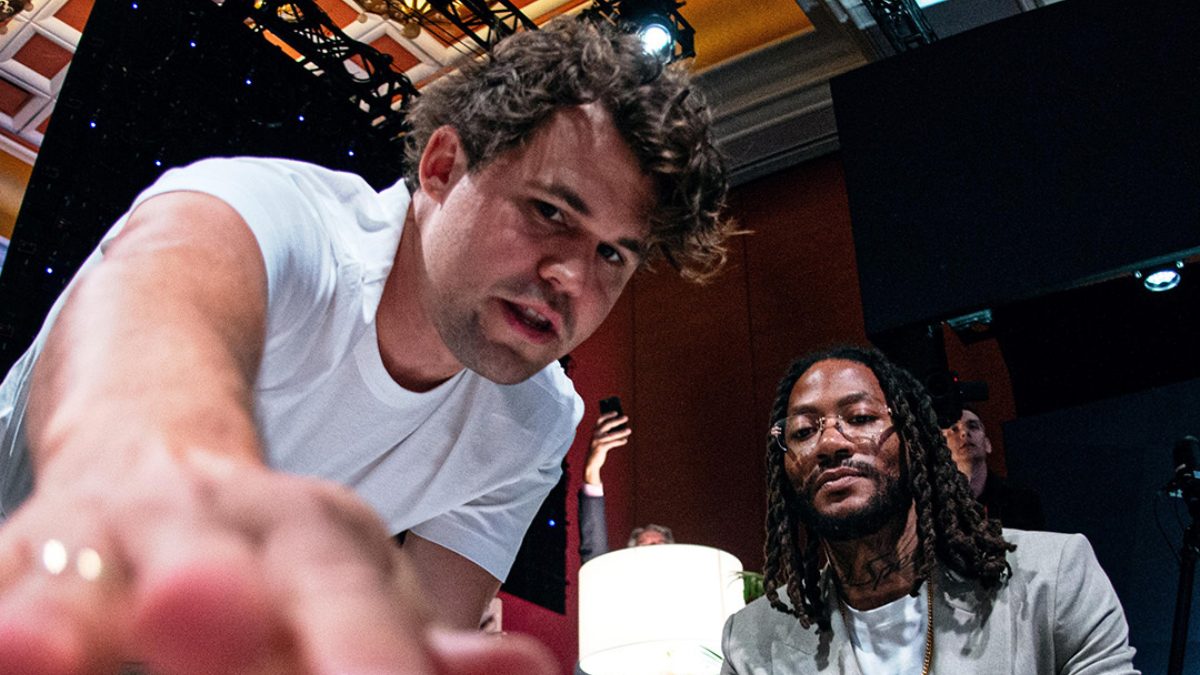World No.1 chess player Magnus Carlsen is not interested in going back to deliberate practice despite the Norwegian’s dominance in the sport being questioned recently by Russian chess legend Garry Kasparov, as he lost two back-to-back matches to D Gukesh.
Carlsen lost his first-ever Classical match to 19-year-old world champion Gukesh of India in June. The Indian Grandmaster beat the five-time world champion again earlier this month in the Rapid section of the SuperUnited Rapid and Blitz Croatia 2025 in Zagreb.
No deliberate practice for Carlsen anymore
While his fans are worried about an impending decline in Carlsen’s dominance over the world of chess, the 34-year-old isn’t. He did not shy away from admitting that life has changed for him since marrying Ella Victoria Malone in January 2025 and that chess is his favourite hobby and job, but he doesn’t do deliberate practice anymore to improve his game.
“I have enough to do,” Carlsen says. “I got a wife. I got a kid on the way. I live chess in the sense that I always follow what’s happening. I might play online. It’s fun. But deliberate practice? No, not really. It is my favourite hobby, as well as my job,” Carlsen told The Athletic.
Deliberate practice in chess can be explained as a planned and structured approach towards working on chess skills through working on specific areas. During deliberate practice, chess players engage in targeted training with feedback and repetition. One of the research reports in ResearchGate says that “deliberate practice plays a critical role in the acquisition of chess expertise.”
Carlsen explains Mission Freestyle Grand Slam
Also, Carlsen has been the world No. 1 in chess since 2011 and remained unbeaten in five World Chess Championship matches before abdicating the title in 2023.
He will next be seen in action in the Freestyle Chess Grand Slam event in Las Vegas, which has a prize money of $750,000. Carlsen is one of the co-founders of the inaugural Freestyle Chess Grand Slam Tour, as he hopes to make chess a household name, which can attract media rights and sell tickets.
Freestyle Chess is played through randomised positioning for the back pieces, promoting creativity and discouraging old board moves.
Talking about his mission to popularise chess among the youth, Carlsen said it’s a change that the sport needs to survive in the long term. “They really hold on to what they know and love, which is not unreasonable,” he says. “I don’t like using the word ‘rebel’ because there are people who rebel in the world about a lot more important things. You shouldn’t change things for change’s sake, but you should not also not refuse change if it is needed — and I do think it’s needed," Carlsen said.
)